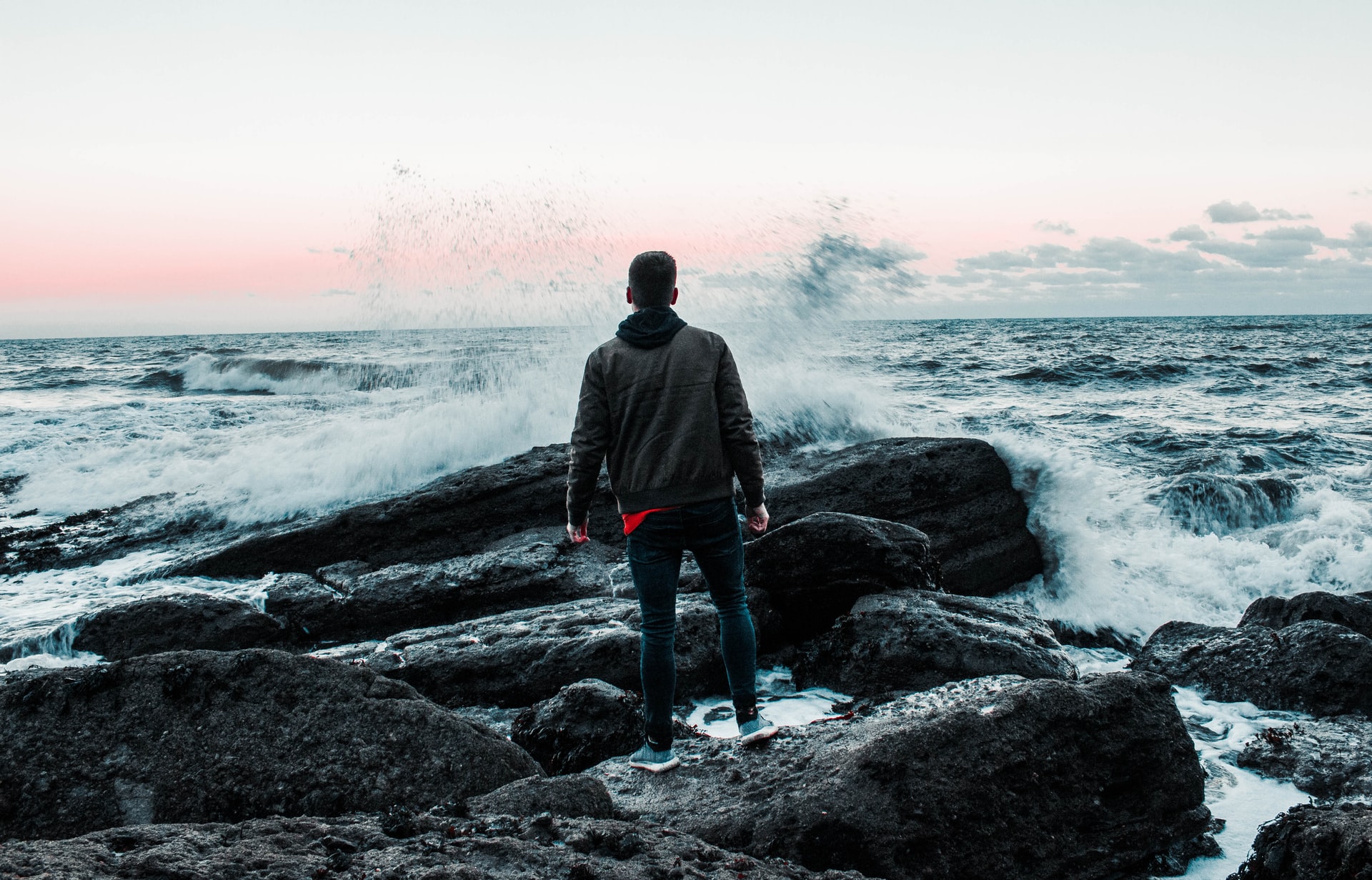The Beginner’s Guide to Ocean Stewardship

Having spent the past four years attending a university located in California, I’ve come to love the beach, the ocean, and all of the marine life that occupy it. Oceans provide countless benefits to the planet, for starters they produce over half of the world’s oxygen. Additionally, oceans cover over 70% of Earth’s surface and are important for regulating climate and weather patterns. It is never too early to start learning about the ocean and about the ways in which you can be an ocean steward!
What is an Ocean Steward?
An ocean steward is someone who cares for and protects the oceans. Someone who is invested in learning more about ocean conservation efforts. Someone who is willing to take active steps towards the preservation of ocean ecosystems.
A great example of someone who is an ocean steward is ocean advocate and Planet Home solutionist Danni Washington. In 2008, Danni founded the non-profit organization Big Blue & You, which aims to educate the next generation on marine conservation using unique platforms such as art and media.
Danni also worked as a naturalist at the Marjory Stoneman Douglas Biscayne Nature Center. Her work not only inspires youth leadership in ocean conservation, it integrates creative expression with scientific discovery! To learn more about Danni Washington and her work in ocean advocacy check out her website.
Remember there are a variety of ways to be an ocean steward. You do not have to dedicate your life to ocean conservation to be an commendable ocean steward! Every act matters no matter how small it may seem. If you are reading this, congratulations because you have already completed the first step! The most important element of ocean stewardship to be passionate about learning more.
This beginner’s guide is a stepping stone to future engagement with ocean conservation efforts. I encourage readers to continue exploring past this article and find even more ways you can take part in ocean conservation efforts.
Here is the Planet Home section that explores ocean stewardship in more depth.
Care For Our Beaches
The first simple way to engage with and better protect our oceans is to be a conscious beachgoer. Whether you go to the beach to swim, surf, or lounge on the shore, it is always important to clean up after yourself. The most common types of litter found on beaches are cigarette butts and single-use plastics. Trash and other pollutants we leave on the beach negatively impact the environment and contaminate the water thus endangering marine life.
This reminds me of the Leave No Trace outdoor ethics I learned during my time in outdoor programs. Always remember to leave the beach looking as clean, if not cleaner, than when you arrived. If you notice other beachgoers leaving behind any litter, kindly encourage them to dispose of it, or if you are like my mom be so kind as to clean up after them.
Leave No Trace also means not interfering with wildlife or removing anything from the ecosystem including corals or marine animals. I also encourage you to sign up for any local beach cleanups that might be happening in your area! Here are some beach cleanups and volunteer opportunities in California.
Limit Your Impact
It is difficult to know exactly how much plastic is in the oceans, though as of 2020 researchers theorized that there are about 5.25 trillion macro and micro pieces of plastic in our oceans and sadly this problem only continues to grow.
The trouble is many plastic products right now are single-use items. Meaning they are designed to be immediately disposed of after use. Unlike some other forms of waste, plastic cannot decompose. That means that plastic can stick around forever and wreak havoc on marine life.
The good news is there is a lot you can do to limit your personal impact. Some ideas include purchasing a reusable water bottle, storing food in glass containers, using a reusable bag when grocery shopping, and recycling whenever possible.
It is not just our personal plastic consumption that matters, we need to call for companies to provide consumers with plastic-free alternatives and say no to single-use plastics. When companies see that consumers care about their environmental impact they are more likely to swap out single-use plastics for more sustainable alternatives.
Learn About Marine Life
Oceans support a diverse range of marine life that are important for global biodiversity. A healthy marine environment supports human well-being and the ocean’s resources contribute to our economy.
Learning about the ocean is important for people of all ages. I am lucky to be learning more about ocean life as I get older, though I wish I had been required to take environmental studies courses in high school. I believe students as young as kindergarten and elementary school should be involved in these conversations.
Students want to learn about ocean life, their interactions with the ocean, and ocean geography. We should be supplying them with the necessary information to form their own opinions on ocean-related environmental issues. It is my hope that this Beginner’s Guide to Ocean Stewardship has helped you learn a bit more about ocean life and how you can get started on being an ocean steward!
Additional Resources
Ocean newsletters to sign up for:
Consortium for Ocean Leadership
Some amazing ocean charities to donate to:


Leave a Reply